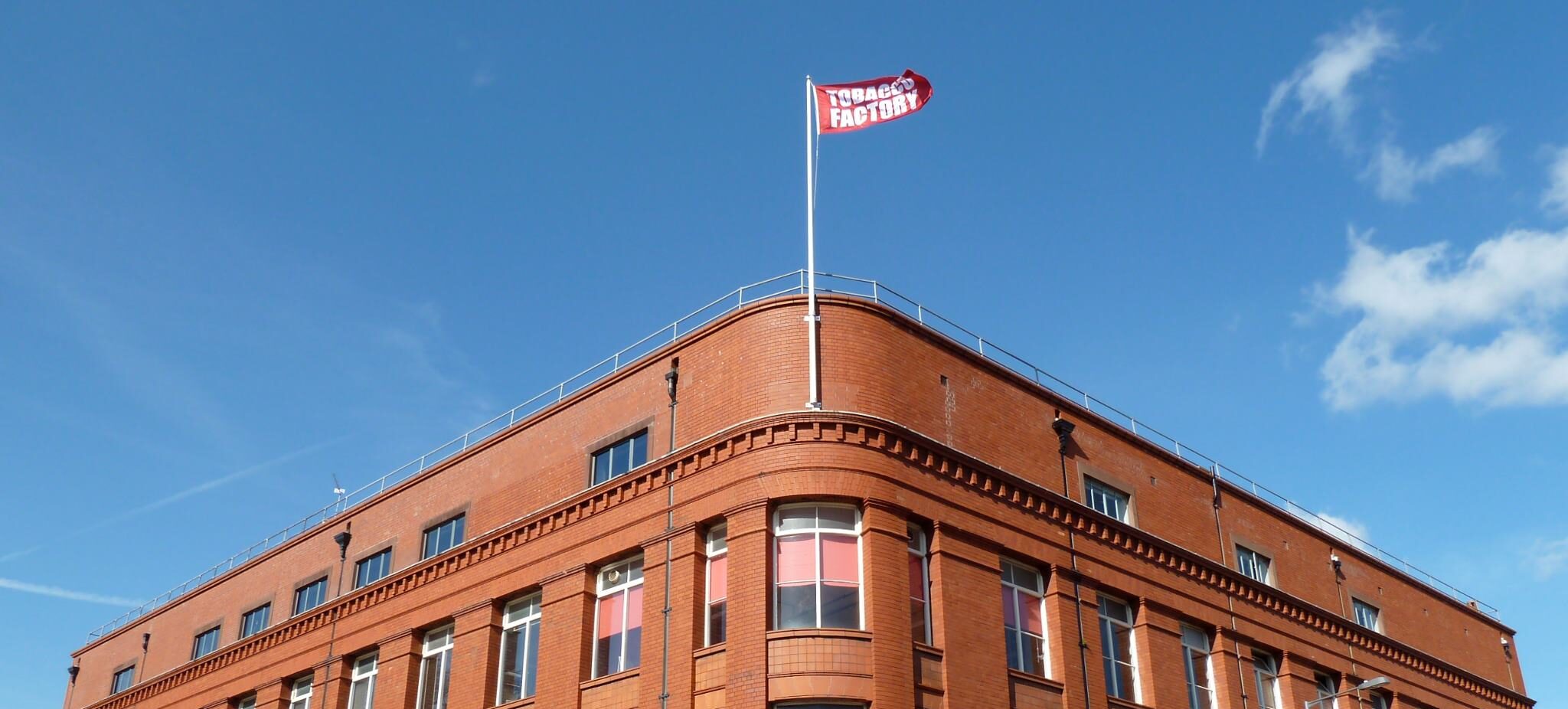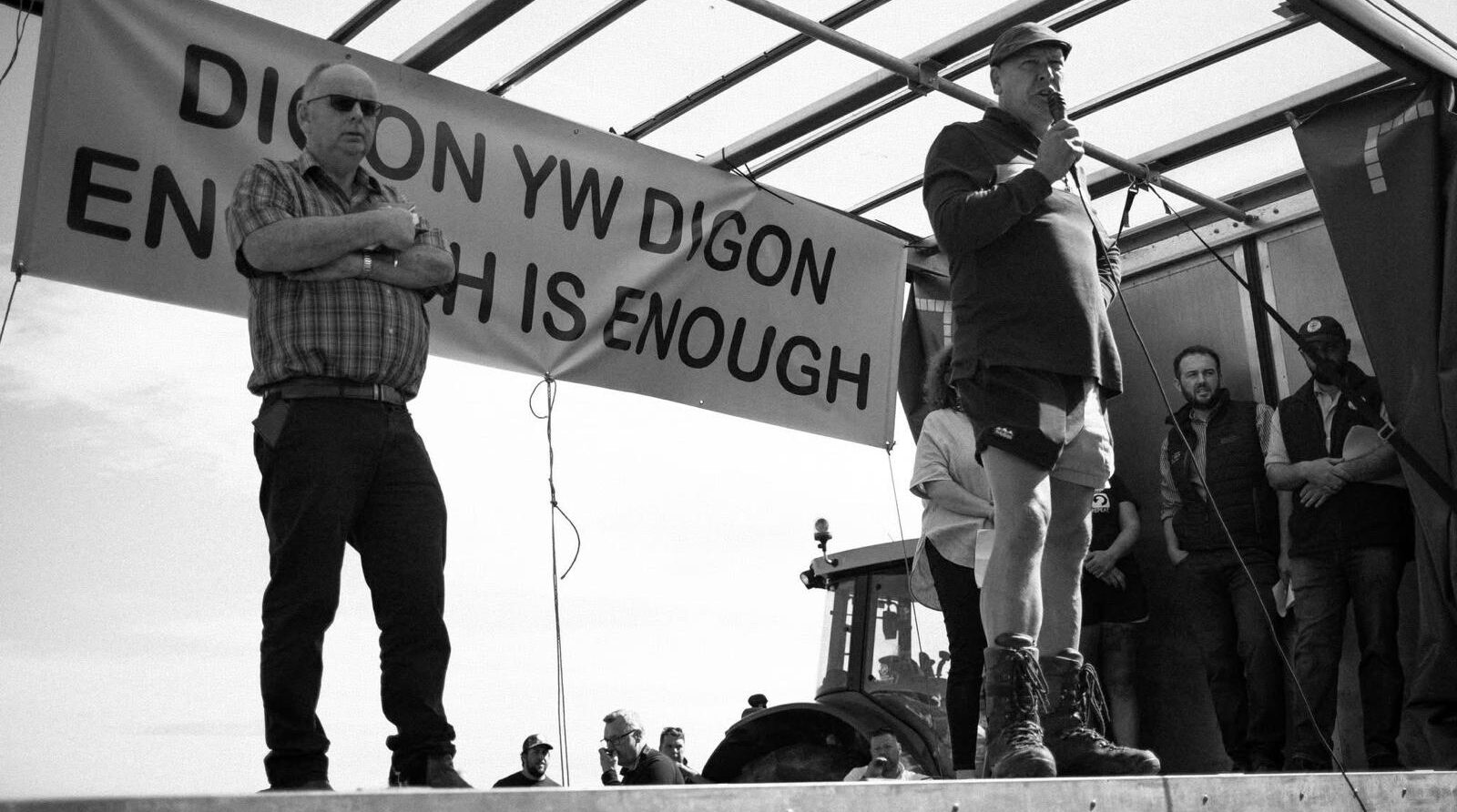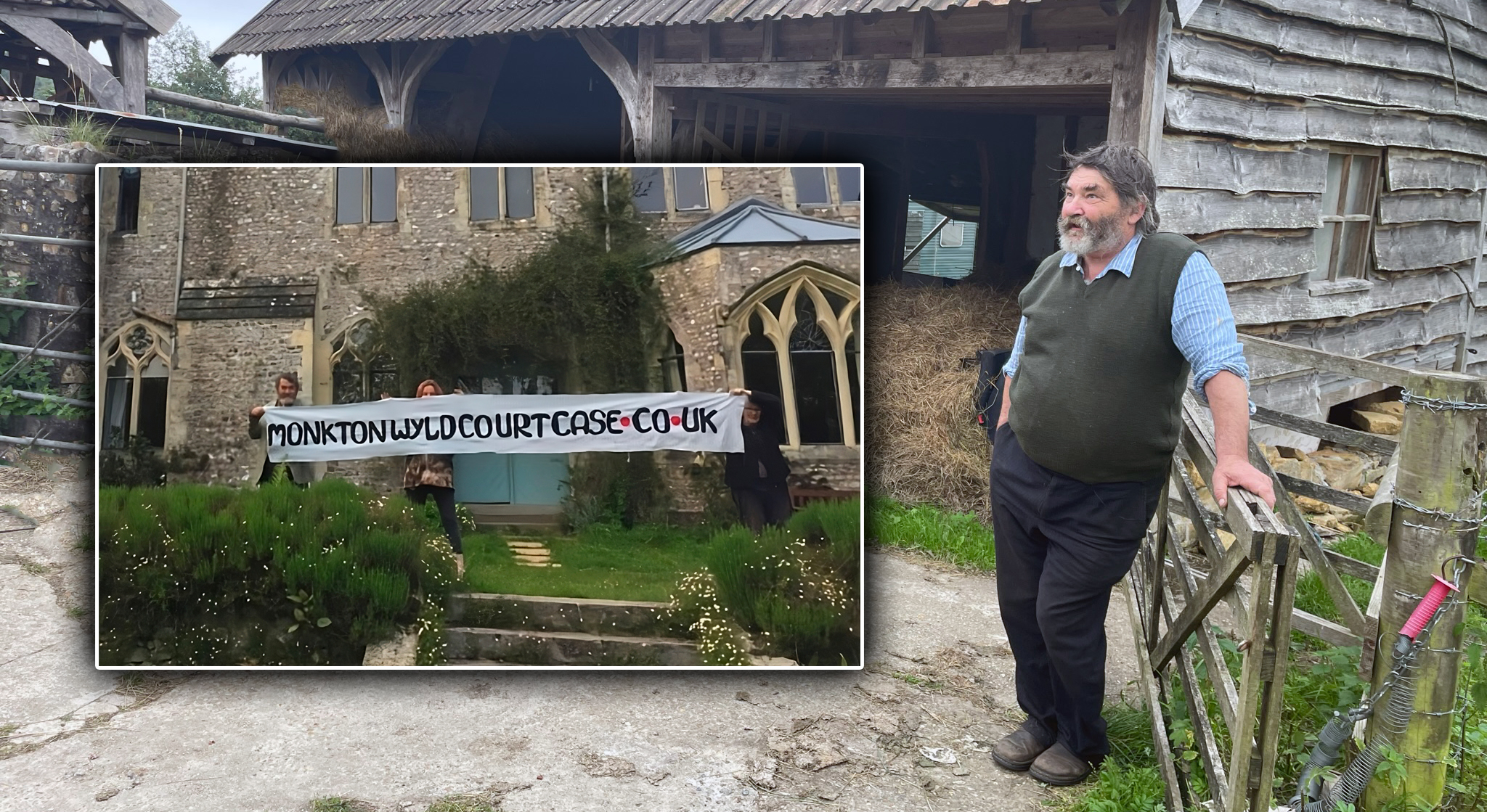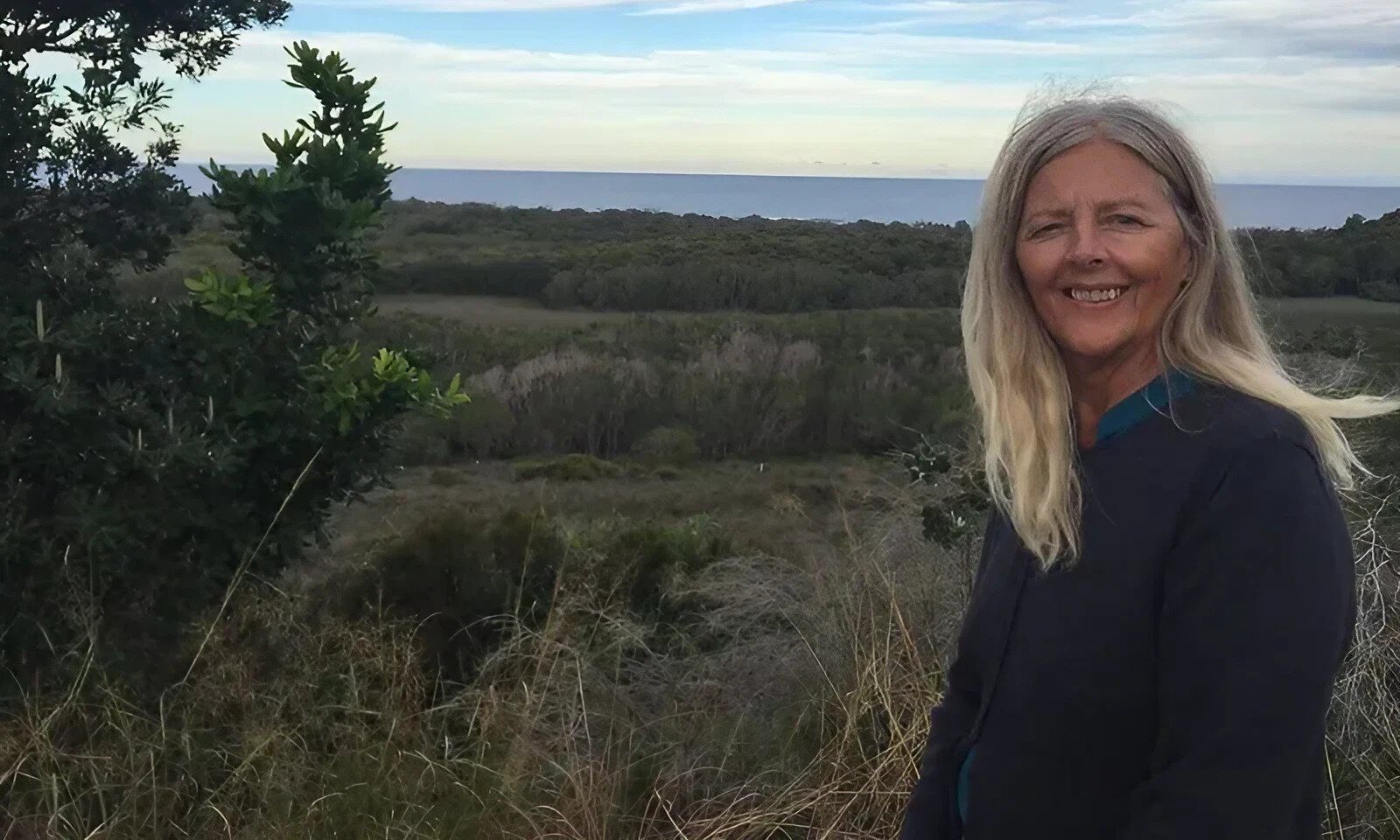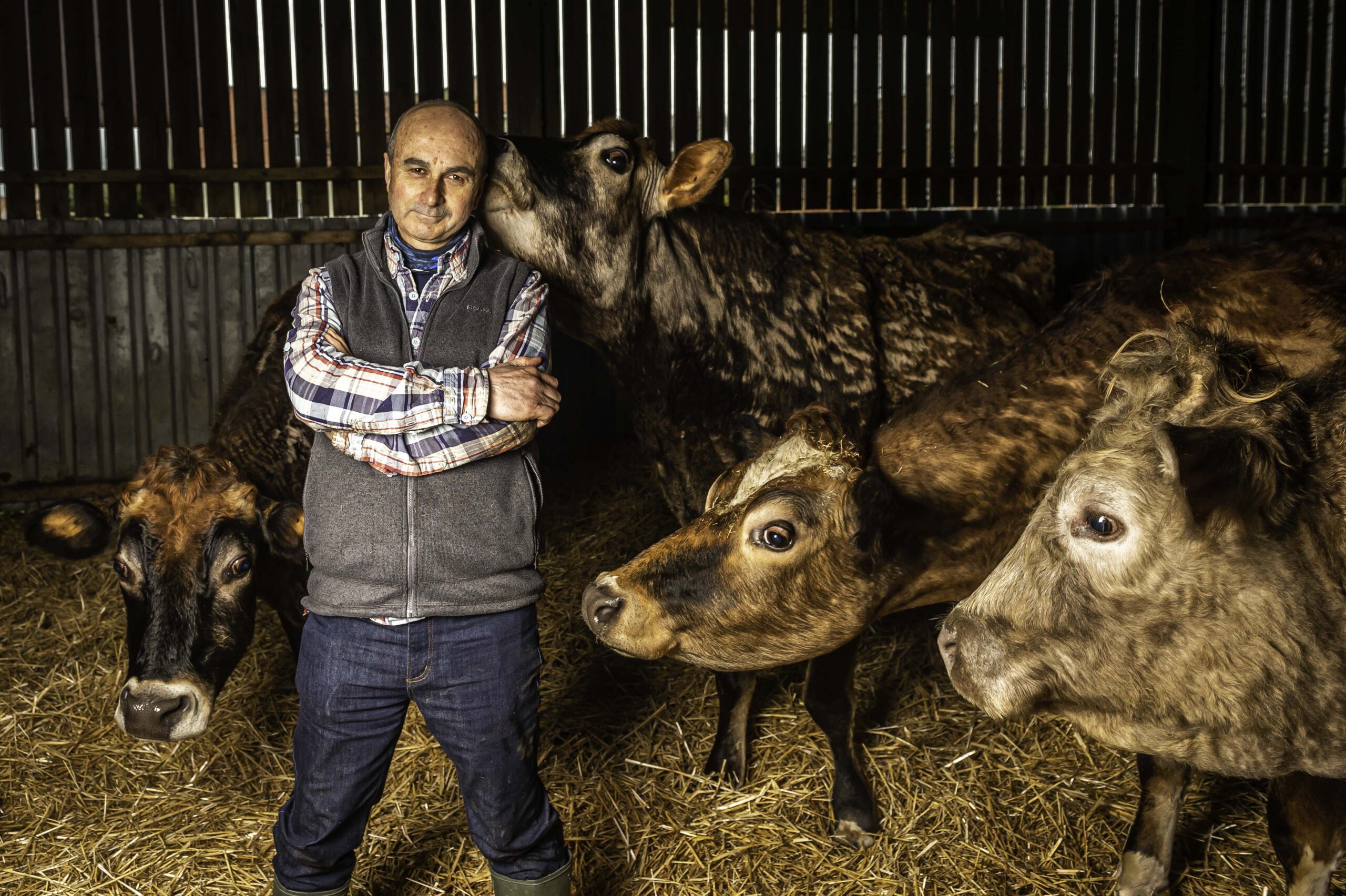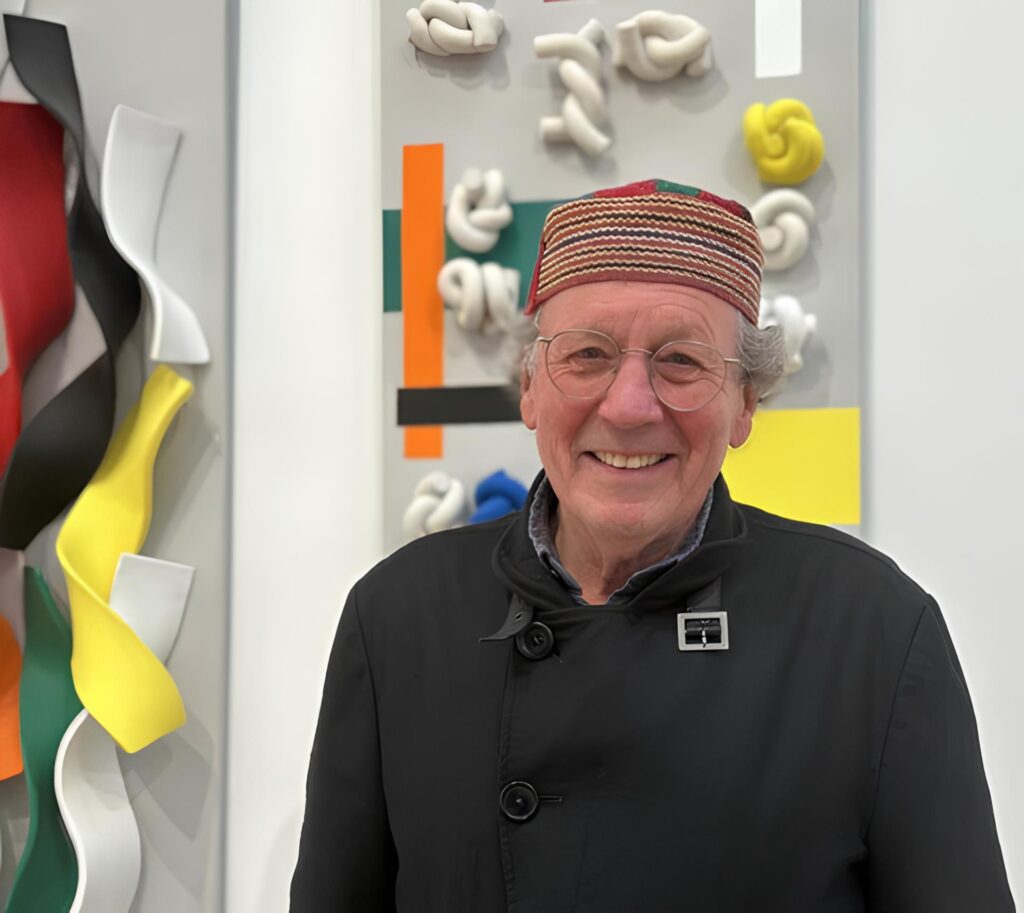
George Ferguson’s life and works are fuelled by boundless energy, exuberant creativity, optimism and a high regard for people and the spaces we live in. He was born in Winchester and while growing up he never spent more than two years in one place as his father, an army officer, was stationed in various places around Britain and Europe. He says he is lucky to be alive after contracting polio as a child, which has left him with a life-long limp. “I think these things form your character and make you bloody determined”.
He and his younger brother were sent away to boarding school from the ages of eight to eighteen, an experience that convinced him to make sure his own children didn’t suffer the same fate. There were some good things about it though, he remembers, including the art studio which inspired him to study architecture at Bristol University where he fell in love with the city, its citizens and, as he says, some of the other students, one of whom he went on to marry and have three children with.
George first became politicised during the seventies when in the midst of the post-war rebuilding explosion he fought some inappropriate developments in Bristol, including an urban circular motorway with a bypass over the Floating Harbour and council tower blocks on the Cliftonwood hillside. While a student he had bought one of the terraced houses on the hillside overlooking the city with the proceeds from selling the patent for a pub game he had invented called Spin Pin.
“I made a few hundred pounds which was enough for a deposit on the house, and got fellow architectural students to help pay the mortgage, and we did the house up. The City Council had condemned the houses and were planning to knock the whole area down, so I painted my house terracotta, a guy down the road painted his blue and that started the coloured houses in Cliftonwood. It was a ‘paint pot’ campaign to save Cliftonwood from demolition. That was the Bristol I came to.”
Those multi-coloured terraced houses on the hill not only helped save the area from the tower blocks similar to those on the Kingsdown hillside nearby, but have become an iconic image of the city.
“My principal influences have been travel and places, these including my Dad’s postings of Oslo, Newcastle, Salisbury and Gibraltar. I continued to travel throughout Europe as a student and further afield since. I love cities, particularly those that have grown organically, their skylines and their spaces, inside and out. It is this that has led me to an architecture that is principally to do with place making and less to do with monument making. Architects that had an influence on me include Aldo Rossi and Frank Lloyd Wright. Painters that I have found inspiring include Claude, Turner, Van Gogh, Cezanne, Chagall and Hopper.”
Before starting his architecture studies George travelled to Italy setting off with about £30 for three months, planning to earn his keep by selling drawings. “I sold drawings for a pittance on the Spanish Steps in Rome. Living like this forced me to be extraordinarily careful and so I discovered the huge benefit of the city markets where you could buy a meagre meal for a few pence; pasta, sauce and anchovies. I lived very sparsely and I slept in Rome and Milan stations prior to finding digs. I met some really interesting people and when visiting people’s homes would over eat!”
After University George worked in planning for Bristol City Council before co-founding the Bristol architectural practice Ferguson Mann that was honoured with numerous awards for conservation and environmental projects and from which he later founded the national group Acanthus. He was elected president of the Royal Institute of British Architects (2003-5) where ‘he was noted for championing the causes of education, the environment and good urbanism.’ He is currently Chair of the Royal West of England Academy.
“Nearly everything I’ve got, I’ve made. I’m assumed to be wealthy, but I’ve endeavoured to use any money I’ve made for good purpose. I have been incredibly lucky, but it’s not about accumulation but about making interesting things happen. Money has no value to me unless it’s doing something worthwhile.”
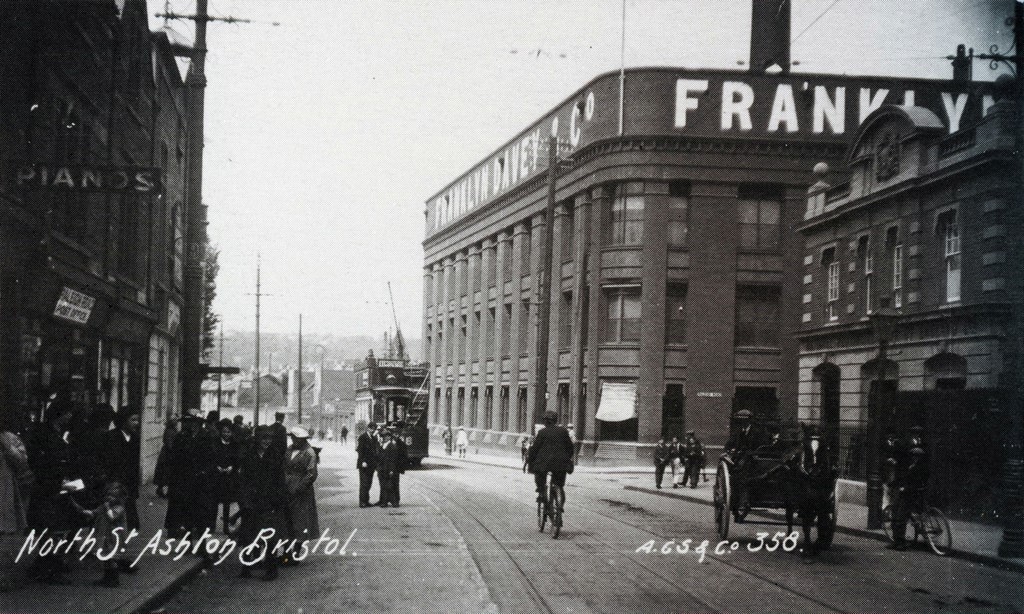
In 1994 he bought an old Tobacco Factory, a turn of the century industrial building in South Bristol that was scheduled for demolition. Through George’s vision to revive culture and community spaces, it is now a creative, mixed-use community building housing theatres, cafe/bar, events spaces, creative industry workspace, and schools of acting, photography, film etc. In 2004 George re-ignited Bristol’s now thriving independent brewery scene starting the Bristol Beer Factory just down the road. With his manager Sarah Ford he also has a bakery and shop that sells organic veg from the 5-acre farm that they bought in Backwell just outside Bristol. Every Sunday they hold a popular market in the tented Tobacco Factory yard and adjacent street with stalls selling locally made products and fresh street food.
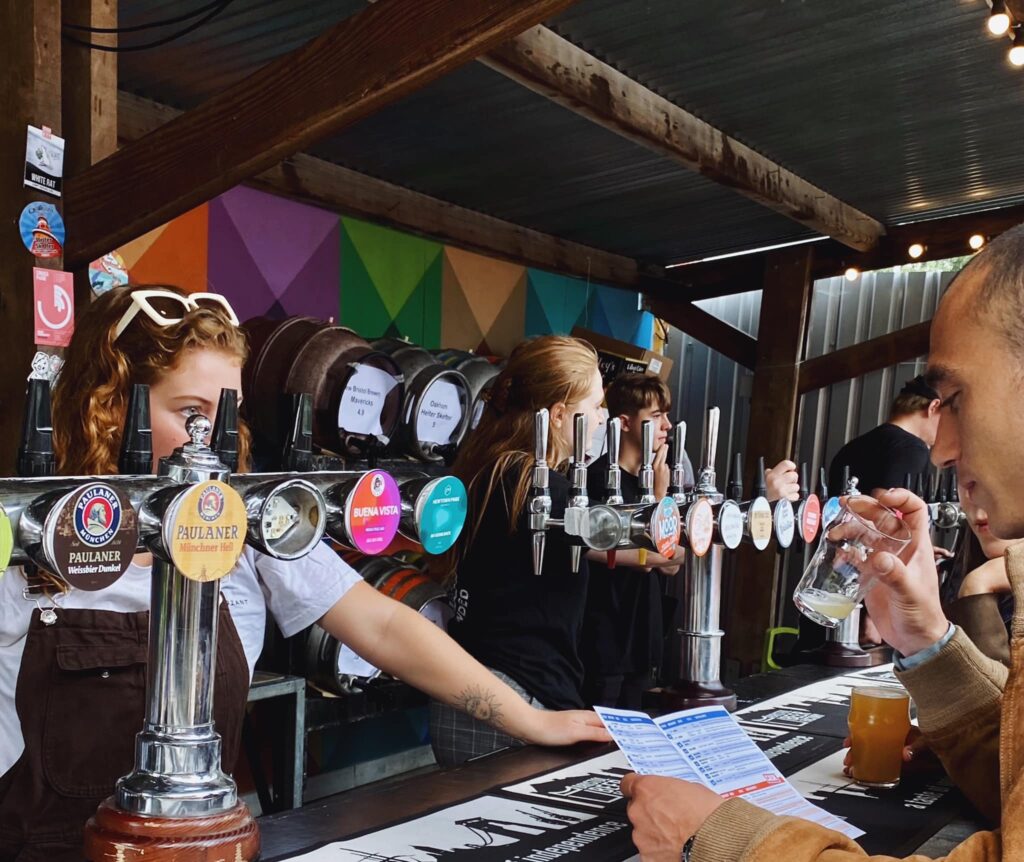
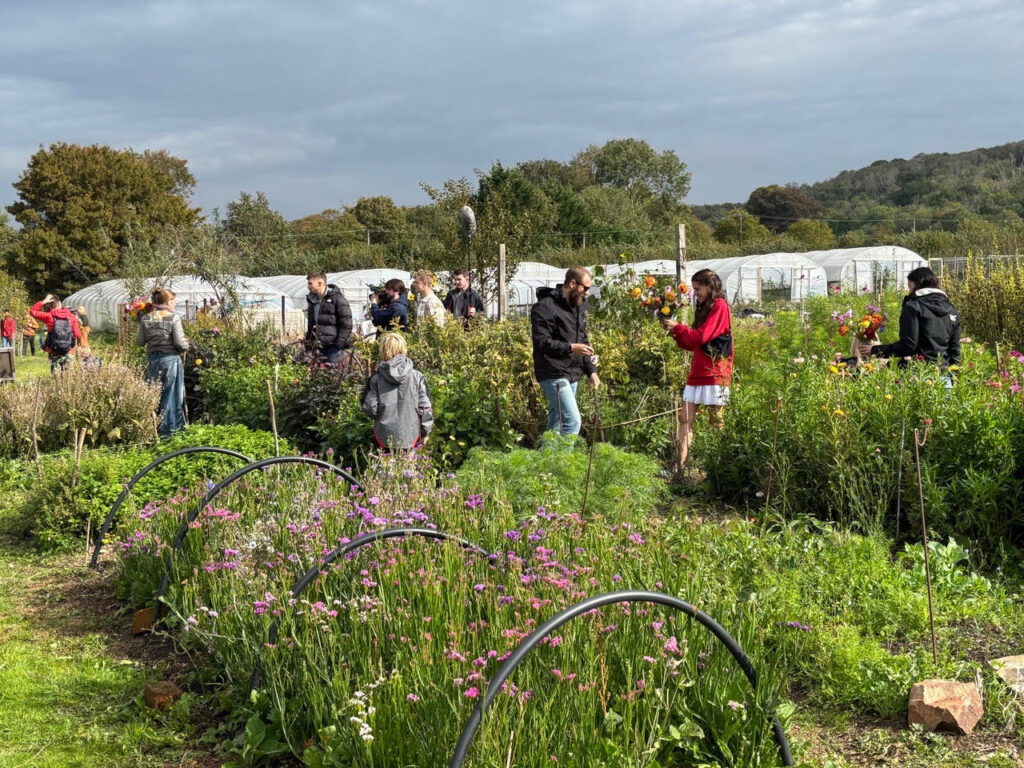
Five Acre Farm grows vegetables, fruit, flowers, and honey from its colony of bees, all free of chemical fertilisers or pesticides. The farm’s natural cultivation nurtures soil life, while a patchwork of crops, flowers and mixed hedgerows support pollinators and wildlife. It’s a place where volunteers are welcomed, where produce is shared through the farm shop and the Tobacco Factory’s kitchens, and where every event or open day is a chance to reconnect people with where their food comes from.
“Farming is becoming an industry rather than a personal occupation. We are, particularly in our cities, in danger of losing that connection and we need to fight back. Every small farmer is a vital cog in that local wheel, battling a ‘factory farming’ system that destroys the local culture and economy.”
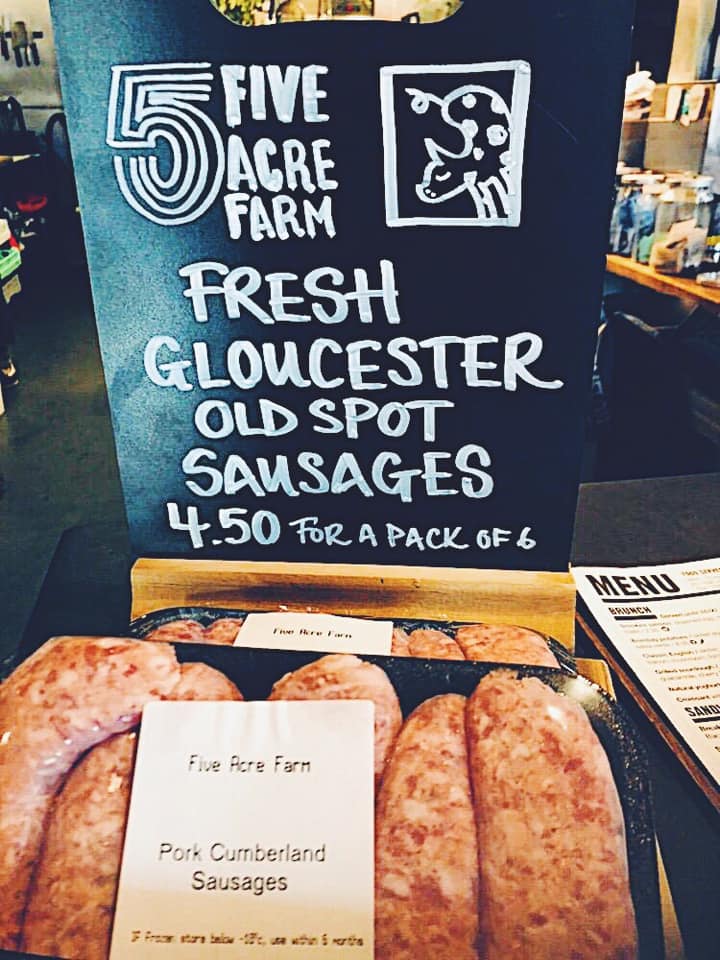
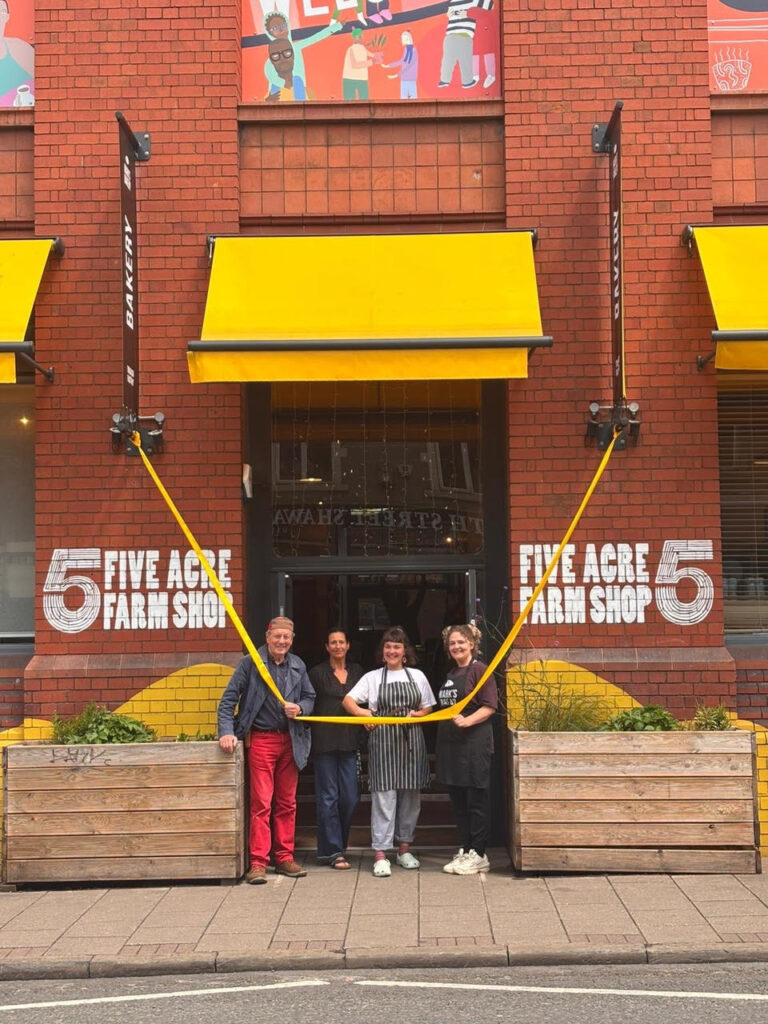
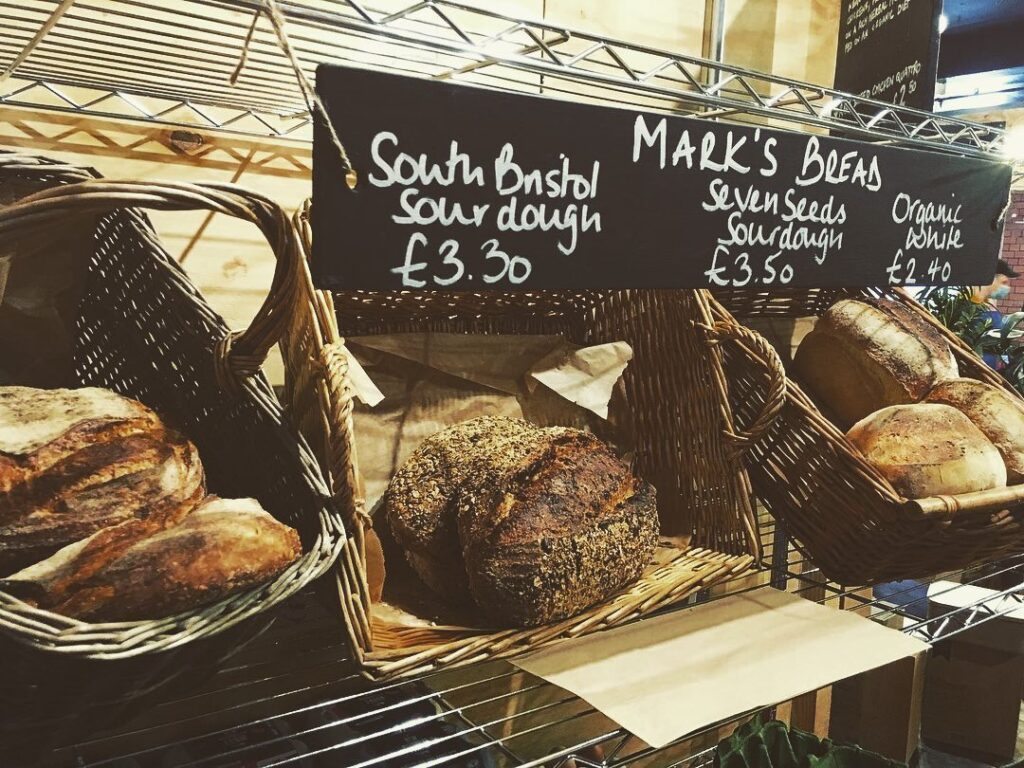
The graffiti of despair that appeared on a Bristol wall “Don’t vote – whoever you vote for the Council gets in!” convinced George to run for office, and to his surprise he became Bristol’s first elected Mayor (2012 -2016).
As an Independent he immediately sought a more collaborative way of working, appointing a ‘rainbow cabinet’ comprising a deputy and five assistant mayors drawn from all four political parties represented on the Council. He also appointed two youth mayors elected by young people in the city. As mayor he took a portion of his salary in Bristol Pounds, a local currency that encouraged people to spend their money with local, independent businesses and for those businesses to localise their own supply chains. When it closed in 2020, it was the largest currency in the UK after sterling.
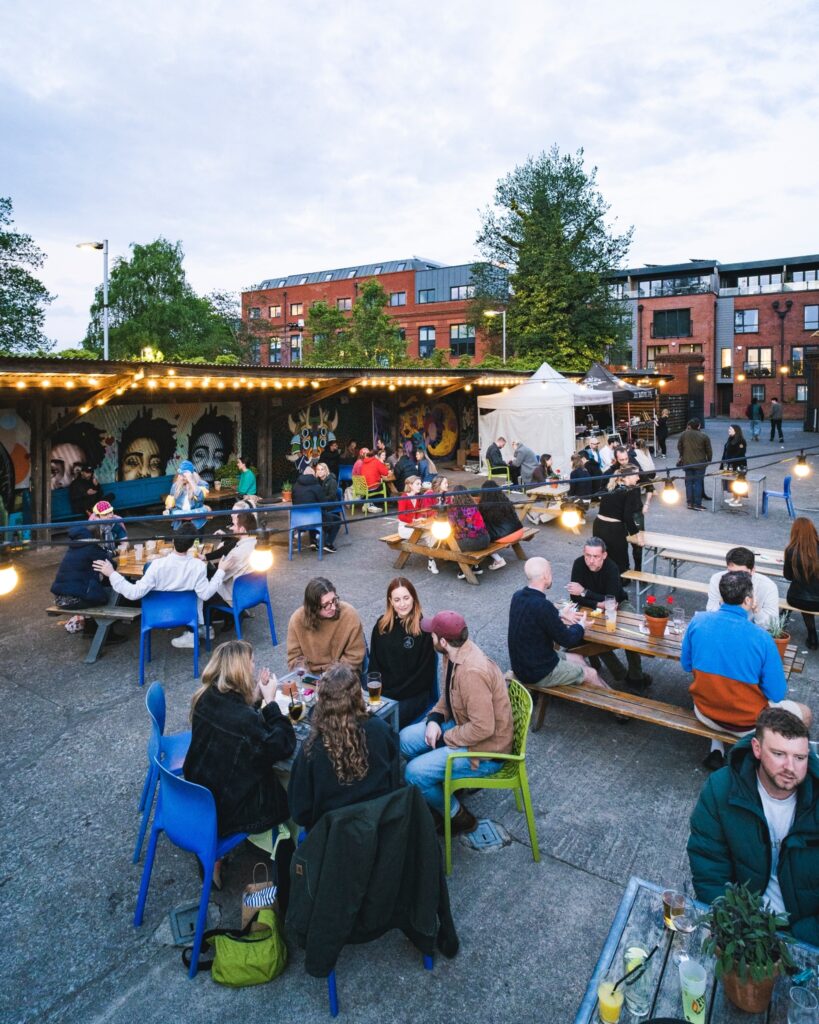
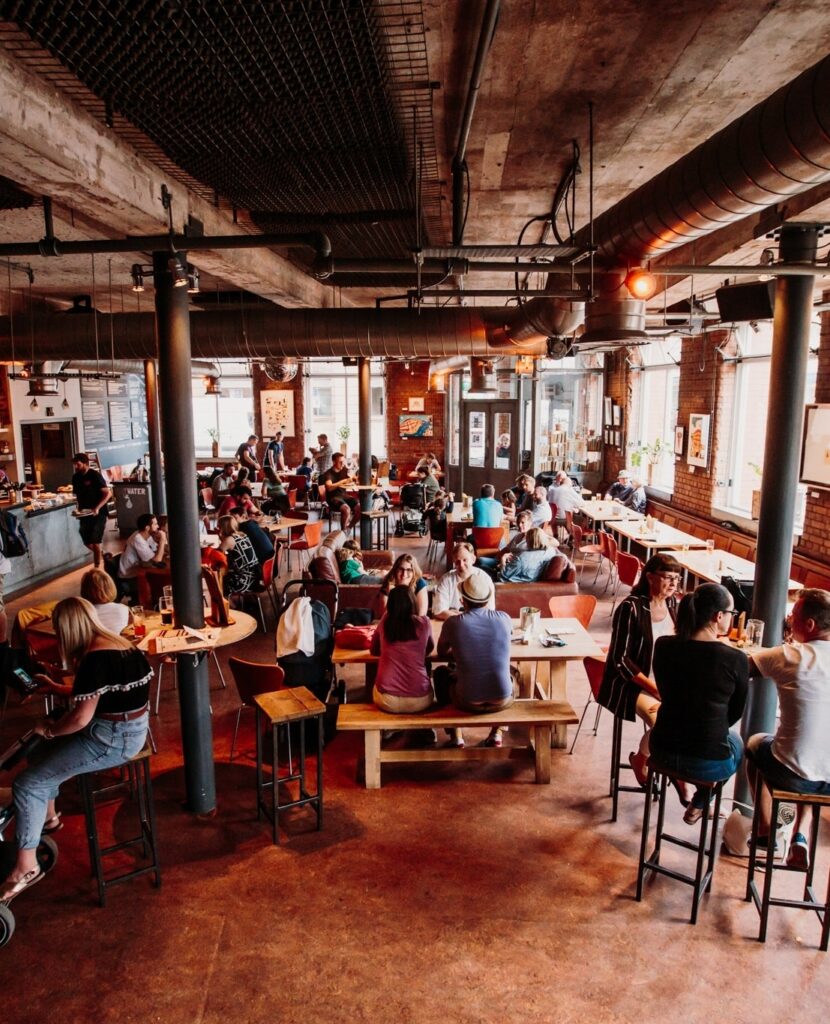
George has a long record of opposing inappropriate tower block developments, and says that following 9/11, Grenfell and other high profile tragedies his hope was that a resurgence of “egotistical and socially damaging high building development” would be moderated and we would develop more elegant, medium density streets and spaces to encourage community. “We should be looking to the best of our fellow European cities such as our great twin city of Bordeaux who have sensibly kept big commercial buildings well away from their glorious historic centre which, largely free of cars, now buzzes with street life.”
“Make Sundays Special” was a programme devised by George to encourage people to enjoy the city centre, with streets closed to traffic (or “open to people” as he puts it) for activities like markets, street art, music, and games, as well as enabling community groups to host their own local events in neighbourhoods across the city. George said, “Its a day you can do things differently, free up our streets for activity and bring people together. A wonderful example in 2015, Bristol’s year as European Green Capital, was a collaboration with Bristol-based artist Luke Jerram, turning Park Street into a giant water slide. Nearly 100,000 people applied for just 360 tickets to slide down a soapy water slide on an inflatable lilo. People thought differently about their city for a day, had huge fun, and we generated international coverage. Make Sundays Special has become a brand in its own right.”
George says that genuine change starts at a small scale, is rooted in localisation and nurtured by community. Whether it’s reviving a derelict building or coaxing new life from five acres of soil, his projects are blueprints for how cities and their outskirts can work together, how food can be grown and shared sustainably, and how communities can be rebuilt from the ground up.
“I think that connection with the land is a vitally important health issue. There’s a real danger that we over mechanise all this stuff and you lose that human connection with the land. You can farm productively on relatively small patches of land in a way that people traditionally did. And with the help of polytunnels you can even farm organically quite intensively as well.
I see people benefitting their health and wellbeing by working on our little patch of land. Given the opportunity, people exude joy from making things grow, helping people’s lives and laughing together – a real manifestation of the economics of happiness.
I’m not a philosopher or an economist. I just enjoy doing stuff – sometimes failing – but always aiming to change the system to make a better world for ourselves and leave healthier soil and planet for those that come after us. It’s a real challenge – but a good one! “
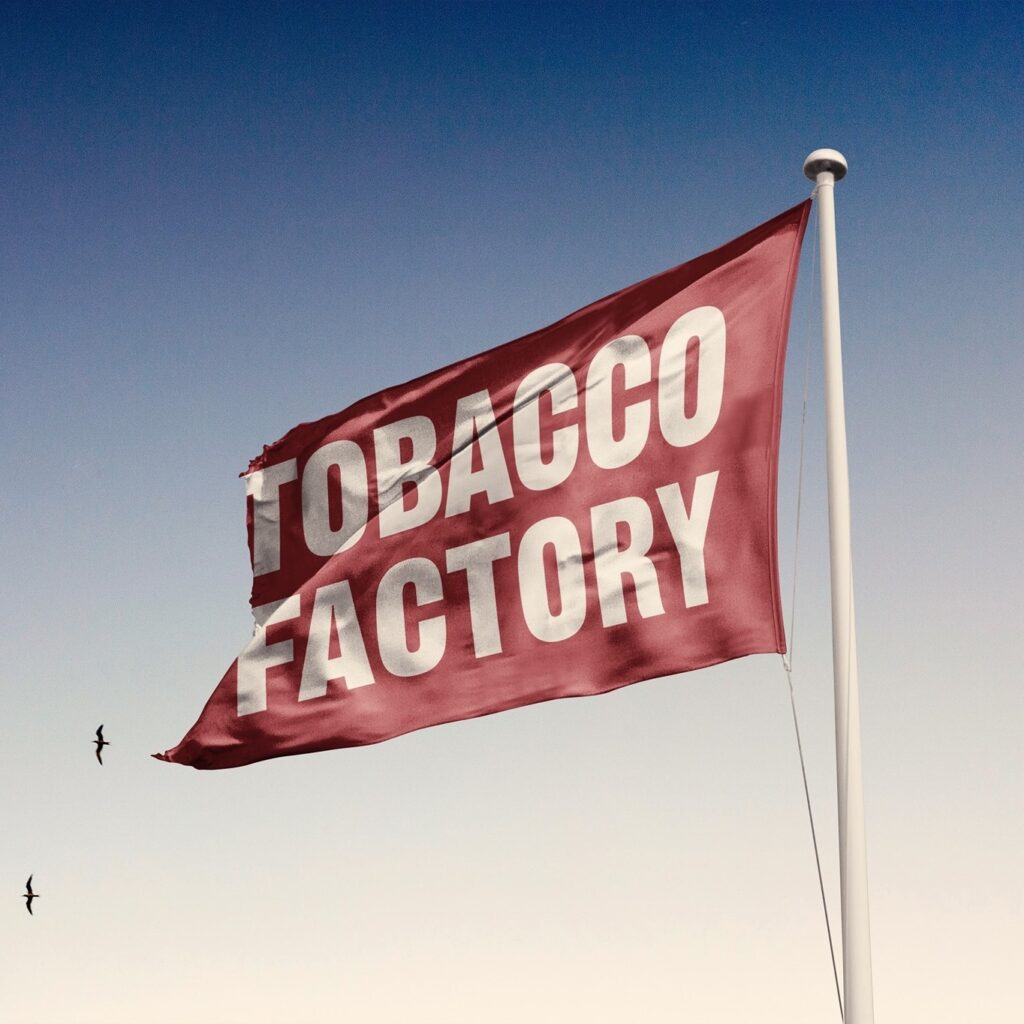
Share This Article
Related ArticlesView All
Gareth Wyn Jones
Gareth is a Welsh sheep and cattle hill farmer, TV presenter, social media star, and father of three. He has… Read More
The Great & The Good: Jerome Flynn
Game of Thrones star Jerome Flynn, and Farms Not Factories founder Tracy Worcester explore the profound bond between farmers, their… Read More
The Great & The Good: Patrick Holden
Post Retweet Patrick and Becky Holden run a 300-acre organic dairy farm in West Wales where the milk from ninety… Read More
Simon Fairlie: Monkton Wyld Court
2m Short Version 11m Full Version GOING TO SEED The story of Simon Fairlie’s life as a rebel guru began… Read More
The Great & The Good: Helena Norberg-Hodge
Helena Norberg-Hodge, linguist, author and filmmaker, is the founder and director of Local Futures, previously known as the International Society… Read More
The Great & The Good: Philip Lymbery
Compassion in World Farming Global CEO, Philip Lymbery, filmed this video for our ‘The Great & The Good‘ series. Sows… Read More
